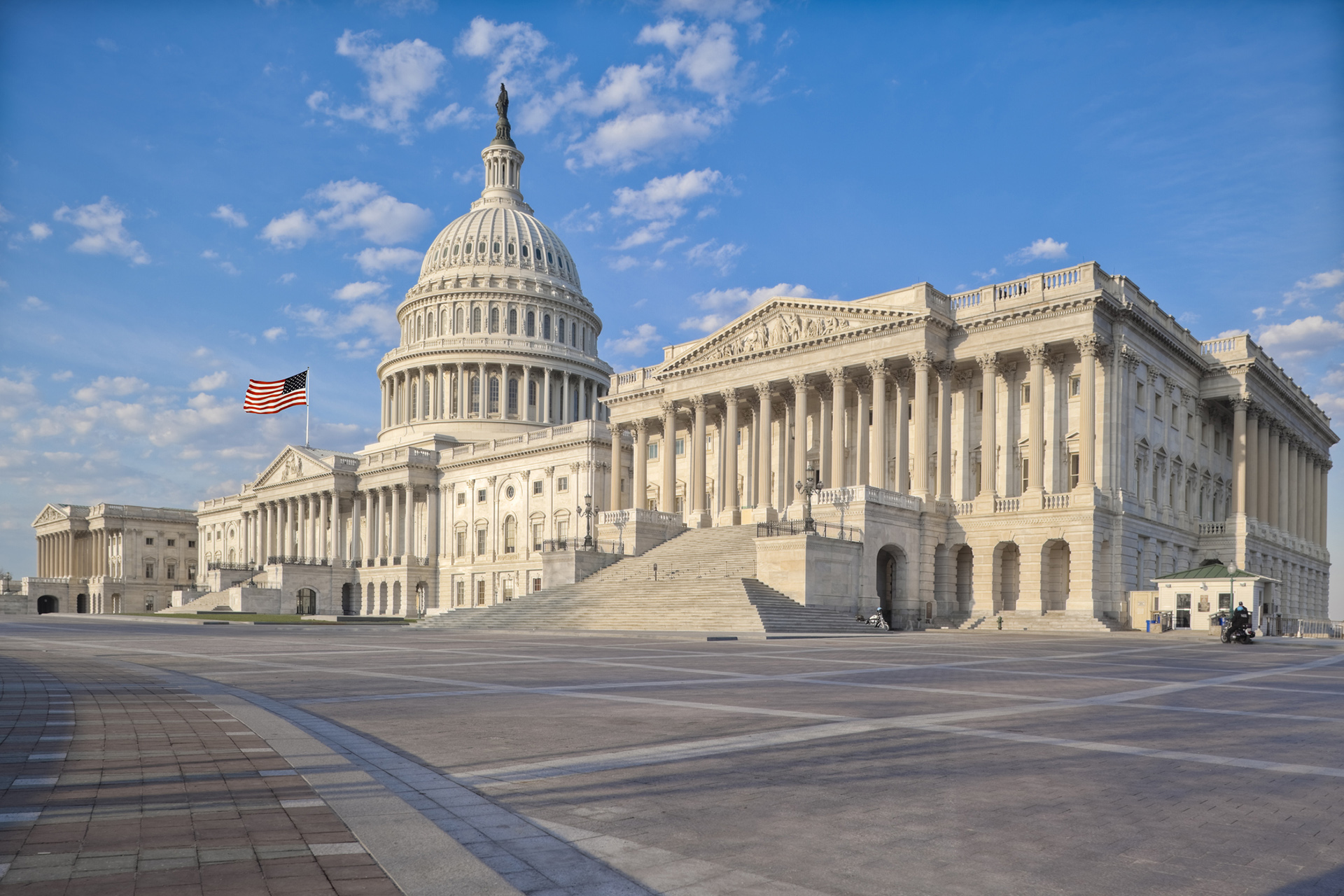Effective March 18, 2020, the Senate approved and President Trump signed H.R. 6201 into law, the second stimulus package originally proposed by the House. This bill establishes emergency sick leave as well as emergency paid family sick leave for companies with fewer than 500 employees. Additionally, the bill creates a refundable tax credit for companies providing sick leave and family sick leave.
As COVID-19 countermeasures continue to sweep across the United States, states and local municipalities are enacting restrictions in an effort to slow the spread of the virus. Many local governments have placed bans or restrictions on dine-in restaurants, bars and casinos, closed gyms and libraries and halted cultural activities, and have encouraged residents to remain at home and venture out only for essential activities such as medical care and food.
Congress and federal agencies also remain active in considering stimulus measures to offset the economic effects of COVID-19. The most recent move is by the U.S. Treasury, which stated that taxes still need to be filed, but individual taxpayers with less than $1 million in taxes due, or companies with less than $10 million in taxes due, will receive an automatic 90-day filing extension with no penalty or interest.
Earlier this month, Congress passed and President Trump signed an $8 billion emergency funding measure directed to federal health agencies for vaccines, medical supplies and other products
On March 13, President Trump declared a national emergency to provide greater federal funding and services, which , allows, for example, additional funding through the Federal Emergency Management Agency (FEMA) and gives federal health agencies broader latitude to respond to the crisis.
Even as the Senate was considering H.R. 6201, work had already begun on a third stimulus package with more sweeping provisions with proposals from both sides of the aisle including:
- Sending direct checks from Treasury to individual taxpayers (approximately $500 billion)
- Establishing loan and relief programs for small business (approximately $250 billion)
- Providing relief to airlines and the travel industry (approximately $50 billion)
- Infrastructure for hospital beds, public transit, medical equipment such as ventilators and masks, and schools and children’s welfare, estimated at $400 billion
- Additional provisions for unemployment, student debt and the Supplemental Nutrition Assistance Program or SNAP, estimated at $350 billion
The details of these proposals are all still being debated and crafted into legislation, but if introduced, are expected to be quickly passed by both the House and Senate. President Trump has expressed his support for these measures and is expected to sign the third stimulus package into law.
There is also talk of a fourth stimulus package. Details about what would be included are vague, but it is expected to address economic recovery and provide assistance to sectors of the economy that have been particularly hard hit.
Developments on these stimulus packages, as well as the governmental response to COVID-19, are happening hour-by-hour in this dynamic situation.
For more information, please contact the Barnes & Thornburg attorney with whom you work or a member of the firm’s Federal Relations group, Bob Grand at 317-231-7222 or bob.grand@btlaw.com, David Paragas at 614-628-1407 or david.paragas@btlaw.com, Eddie Ayoob at 202-371-6375 or edward.ayoob@btlaw.com, Craig Burkhardt at 202-408-6903 or craig.burkhardt@btlaw.com, David Spooner at 202-371-6377 or david.spooner@btlaw.com, Brandt Hershman at 202-371-6374 or brandt.hershman@btlaw.com, Ron Miller at 202-408-6923 or ronnie.miller@btlaw.com, or Lauren Hancock at 202-408-6911 or lauren.hancock@btlaw.com.
© 2020 Barnes & Thornburg LLP. All Rights Reserved. This page, and all information on it, is proprietary and the property of Barnes & Thornburg LLP. It may not be reproduced, in any form, without the express written consent of Barnes & Thornburg LLP.
This Barnes & Thornburg LLP publication should not be construed as legal advice or legal opinion on any specific facts or circumstances. The contents are intended for general informational purposes only, and you are urged to consult your own lawyer on any specific legal questions you may have concerning your situation.



















